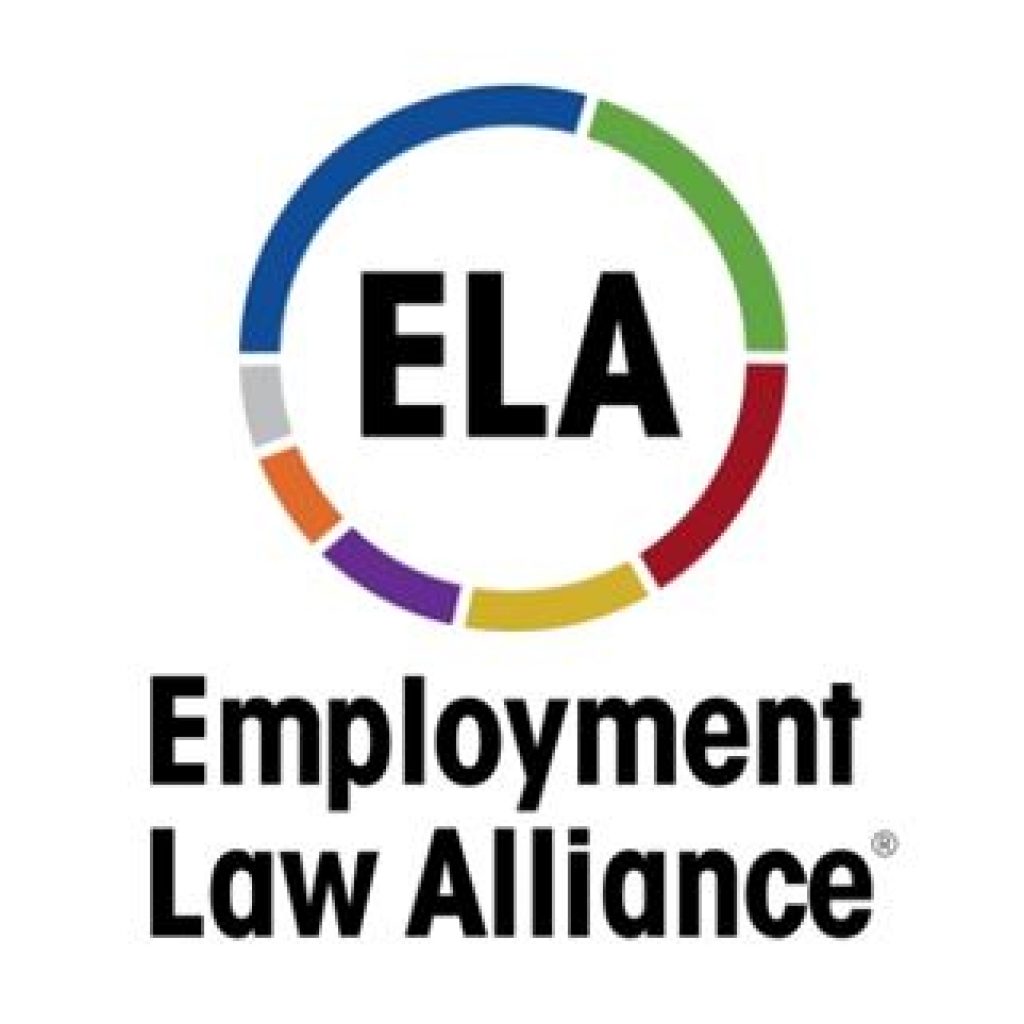The EEOC and DOJ Offer Suggestions to Employers on Avoiding Disability Discrimination When Using AI Technologies
The Equal Employment Opportunity Commission and the U.S. Department of Justice each issued guidance about possible discrimination in violation of the Americans with Disabilities Act when employers make employment decisions based on their use of artificial intelligence and other software tools. They further suggested “promising practices” to help avoid such discrimination.
- EEOC – The Americans with Disabilities Act and the Use of Software, Algorithms, and Artificial Intelligence to Assess Job Applicants and Employees. In this technical assistance document, the EEOC identifies the most common ways that an employer’s use of AI tools could violate the ADA: by failing to provide a reasonable accommodation to enable the applicant/employee to be rated fairly and accurately; by using an AI tool that intentionally or unintentionally screens out those with disabilities, even if they are able to do the job with a reasonable accommodation; or the use of the AI tool violates the ADA’s restrictions on medical inquiries and examinations. Types of software that may utilize AI include resume scanners, employee monitoring software, virtual assistants or chatbots that screen applicants, video interviewing software that assesses facial expressions or speech patterns, and testing software.
Of particular use to employers, the EEOC provides “promising practices” related to the use of AI tools, including the following:
- Training staff to recognize and process requests for reasonable accommodation as quickly as possible.
- Training staff to develop or obtain alternative means of rating applicants or employees where the current process disadvantages them because of a disability.
- If the AI tool is administered by another entity, ensure that the entity either provides reasonable accommodations or promptly forwards requests for accommodation to the employer.
- Ensure that AI tools have been designed to be as accessible to individuals with as many different kinds of disabilities as possible.
- Describe, in plain language and accessible formats, the AI tools being used, what traits are being assessed and how, and the factors that may affect the rating.
- Inform all applicants and employees of the availability of reasonable accommodations, and provide clear instructions for requesting accommodations.
- Ensure that AI tools only and directly measure those abilities and qualifications that are truly necessary for the job, even for those requiring a reasonable accommodation.
- Confirm with the software vendor that the AI tool does not improperly elicit information about a disability or seek information about an individual’s physical/mental impairments or health.
- DOJ – Algorithms, Artificial Intelligence, and Disability Discrimination in Hiring. The DOJ’s technical assistance document does the following:
- Provides examples of the reasons why employers may use AI:
- to show job advertisements to targeted groups;
- to decide if an applicant meets job qualifications;
- to hold online video interviews of applicants;
- to use computer-based tests to measure an applicant’s skills or abilities; and
- to score applicants’ resumes.
- Clarifies that, when designing or choosing technological tools, employers must consider how their tools could impact different disabilities.
- Explains that employers may violate the ADA when using AI technologies, including those developed by others, if such tools screen out people with disabilities.
- Asserts that testing technologies must evaluate job skills, not disabilities, and must not improperly elicit or request medical information.
- States that employers must provide reasonable accommodations in connection with the use of AI. The DOJ also reiterates that employers should inform applicants about what AI technologies are being used and how and should provide clear procedures for requesting reasonable accommodations.
- Provides information for employees on what to do if they believe they have experienced discrimination.
- Provides examples of the reasons why employers may use AI:







